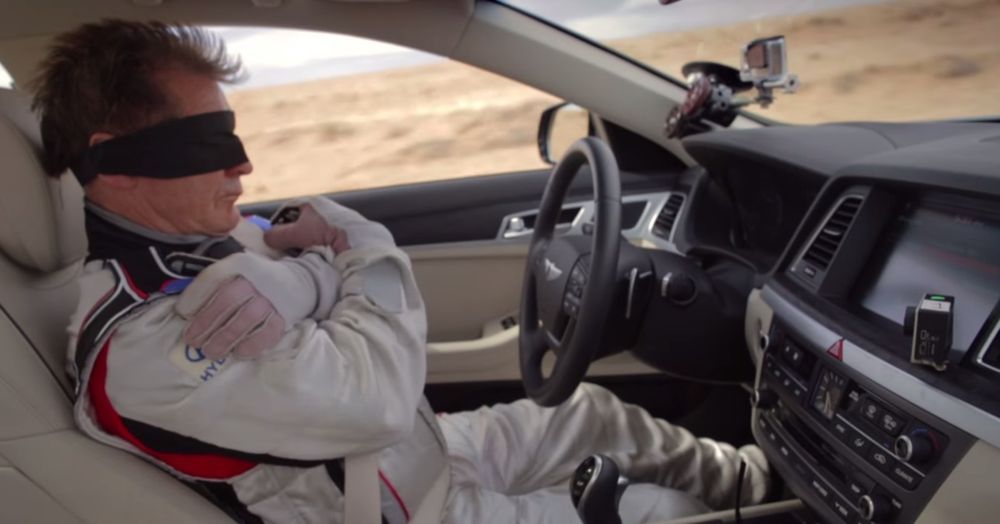Hyundai Mobis At Full Speed To Chase Autonomous Driving Vision
Auto NewsHyundai Mobis, one of the largest automotive suppliers out there, plans to enter the autonomous driving arena and double down its efforts to keep pace with competitors - essentially the pack leaders in the race toward fullly self-driving car of the future.
With Mobis owning 21 percent of Hyundai Motors and Kia owning 17 percent of Mobis, their in-house advanced engineering group will be largely responsible for how well Kia and Hyundai cars stack up in the future when advanced safety systems and self-driving technology becomes more and more sought after.
Leading the charge is Korean native Shin Kwang-keun who was hired out of his stint at General Motors working in their chassis control systems division and has been heading Mobis’ advanced engineering group since 2011.
According to a report by Automotive News, Shin said "We might not be the first to produce this kind of stuff, but as soon as we see it as successful, we can move." This industry is very fast moving for one that hasn’t quite reached consumers yet, at least en masse, but Shin believes that Mobis can “deploy its advanced safety technology within six months after the leaders,” and potentially make it accessible enough for such technology to trickle down to even lower-end models.
To do that, the company needs to hire top talent to work their way up the ranks through its advanced driver assist systems (ADAS) division at its Plymouth, Michigan offices. Shin plans to double the workforce on those projects – currently the headcount stands at fewer than five. There, progress on its lane-keeping assist, adaptive cruise control and smart parking efforts can be accelerated and pushed to new Hyundai and Kia models quicker.

An example of an upcoming version of those systems includes one that would actively seek out empty parking spots and will be able park itself. Very handy and, if it materializes, could spell the end of valet parking. Mobis and Shin project a consumer-ready product to be ready by 2020, but cites regulatory hurdles that they must contend with, made more complicated because of the entirely driverless nature of the system. Legislation hasn’t caught up to the fact that we might not to be present in our cars at all times for it to function.
In a timeline closer to ours, a dramatically improved traffic jam assist system is merely a few years away. Through the use of cameras and laser sensors, it can manoeuvre the car past a stressful heavy traffic area without driver intervention, controlling the brakes, accelerator and steering on its own. It can even guide vehicles through S-turns and U-turns.
That being said, although the technology is expected to reach maturity in 2020, mass production and availability will only likely start in after 2030 due to cost (laser scanning sensors cost a bomb right now) and legal issues to be resolved by regulators. Hyundai hasn't been shy about showing off the self-driving technology it has on offer today though, and as primitive as Mobis' Shin Kwang-keun sees it to be, it does seem very promising for to regular Joes like us.